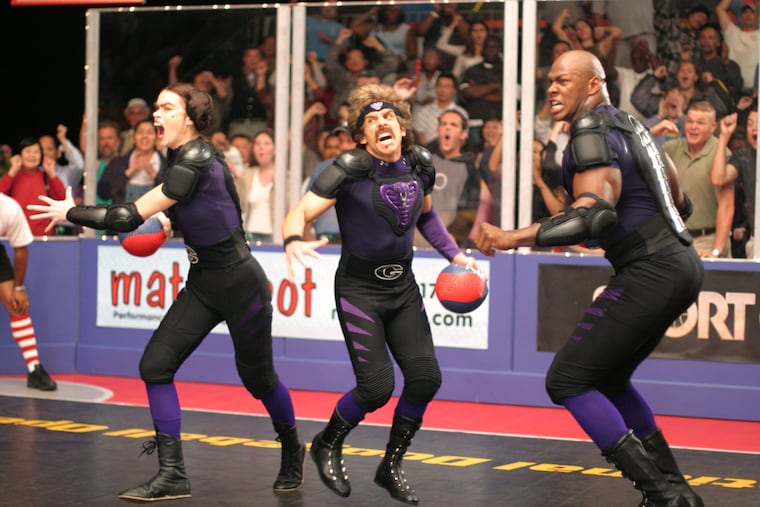Blame Canada for the new war on dodgeball | Opinion
Our neighbor to the north exposed the sordid truth: One of gym classes’ most common games is being used as a tool of “oppression,” according to a team of Canadian researchers.

Oh, Canada.
You’ve given us so much, from Justin Trudeau to Justin Bieber to, probably, some other things not named Justin. And now you’ve given us the War On Dodgeball.
You remember dodgeball. It’s a classic schoolyard game in which, basically, a bunch of people throw a large rubber ball at you. If it misses you, you keep playing. If it hits you, you’re out. It is not a particularly complicated sport.
Or so I thought until our neighbor to the north exposed the sordid truth: One of gym class’ most common games is being used as a tool of “oppression,” according to a team of Canadian researchers.
This is, admittedly, an easy target, not unlike a slow-moving kid playing dodgeball. But really.
Canada — whose best-known sport is ice hockey, in which very large men with very few teeth skate on ice with sharpened blades and wield wooden sticks while slamming opponents into walls in pursuit of a hard rubber disc — is concerned about the harmful effects of an athletic pastime involving small children and a soft, oversize ball.
The researchers reported that in dodgeball games during middle school, some kids asserted their dominance over their peers, while others meekly tried to hide. They said the game encourages students to commit physical harm. And they drew connections to a political theorist’s descriptions of oppression, including exploitation, violence, and cultural imperialism.
So, yeah: middle school.
I don’t know a whole lot about the Canadian education system, although I did write a report on Quebec in a social-studies class. (The teacher gave me le C.) But as a survivor of Philadelphia’s public schools, I can attest that dodgeball was the least of my gym-class concerns.
For one thing, when you got hit, which was inevitable for the less-athletic among us, you were relegated to the sidelines, where you could watch the rest of the game and make snarky comments about the other kids. That was easily the best part of gym class.
And if you’re really worried about gym activities that can result in physical harm, consider the pommel horse. Or the rings. Or the ropes. Don’t even get me started about the ropes. It seemed somehow metaphorical: You did your best to reach an arbitrary goal, with no real payoff other than being that much closer to the ceiling. Then, in the event you got higher than a couple of feet off the ground, came the true challenge: getting back down while retaining at least a thin layer of skin on your palms. (Full but probably unnecessary disclosure: I was not very good at the ropes.)
Then there was the old Presidential Physical Fitness Test, which involved such strength-building exercises as the “flexed-arm hang,” the “standing broad jump,” and the “retreat to the back of the gym in shame.” Best of all was the shuttle run: You ran from one spot over here to another spot over there, picking up a small wooden block at one end and putting it down at the other, then doing it all over again. At the end, you got … nothing. You didn’t even get to keep the wooden block. But it was a truly educational process, in that it taught the utter worthlessness of the Presidential Physical Fitness Test.
The most popular, if unauthorized, sport at my grade school was a game we played at recess called assball. It was like the basketball game of horse, except instead of spelling H-O-R-S-E, you spelled out A-S-S. And you threw a tennis ball against a wall, rather than shoot a basketball through a hoop. And when you didn’t catch the ball, the other players got to throw it at your rump. So I guess it really wasn’t much like playing horse at all. But it was still better than the ropes.
Now that the dodgeball menace has been addressed, what’s next? Are the monkey bars demeaning to our simian cousins? Is double-dutch offensive to people from the Low Countries? And what about the psychological ramifications of tag? I can see the next blockbuster report coming: “The stigmatization of one child as it invariably leaves indelible scars of isolation.”
OK, Canadian researchers, the ball is in your court. Just try not to throw it at anyone.
Addam Schwartz is the night producer at Inquirer.com. aschwartz@inquirer.com @addamschwartz